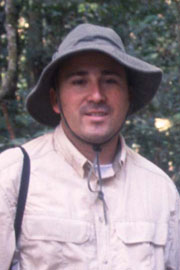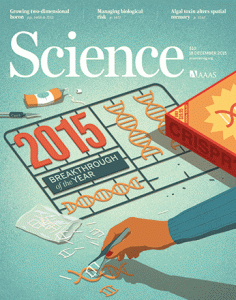 Science magazine has issued an expression of concern for a paper on the discovery of a new immune-boosting protein. The paper’s findings, which received some press coverage when they came out last spring, are now under investigation by Imperial College London.
Science magazine has issued an expression of concern for a paper on the discovery of a new immune-boosting protein. The paper’s findings, which received some press coverage when they came out last spring, are now under investigation by Imperial College London.
The expression of concern follows a correction noting a Western blot mix-up. Science Editor in Chief Marcia McNutt told us last month that the mistake resulted from “carelessness” on the part of the authors. But now, an investigation at Imperial College London — where Philip Ashton-Rickardt led the research — is formally looking into the findings.
That investigation is ongoing, according to the expression of concern (signed by McNutt):
Continue reading Science flags immune-boosting paper under investigation
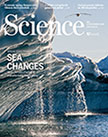
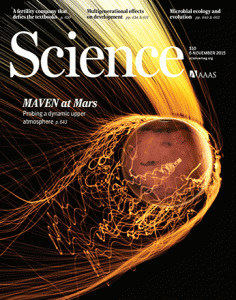
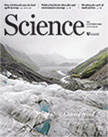
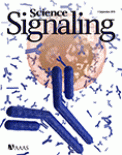 A paper containing data fudged by former University of California San Francisco grad student Peter Littlefield has been corrected. We knew that this was coming — last month,
A paper containing data fudged by former University of California San Francisco grad student Peter Littlefield has been corrected. We knew that this was coming — last month, 